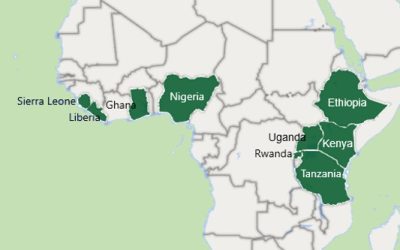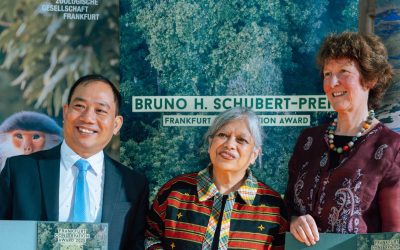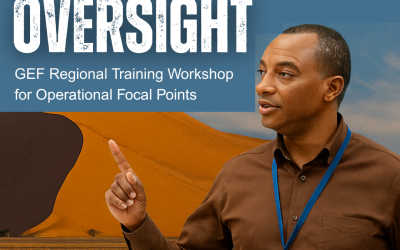We have assembled an extraordinary team of teachers from Kenya, Denmark, and Germany – all of them experts in their fields and passionate about passing on their knowledge to the next generation. Three of our Kenyan teachers are themselves TBA alumni – they told us they are here to “give something back”. Students will learn new field skills on freshwater monitoring, pollination ecology and how cattle and wildlife shape the savanna ecosystem. Using these skills they will collaborate together to carry out their own research projects and present them in a seminar at the end of the course.
TBA courses plant a seed from which our students grow exciting and essential conservation projects to help people and nature in their regions. We can already see this happening after just one week of the course.
To see what amazing conservation impact our past course students have – watch the video
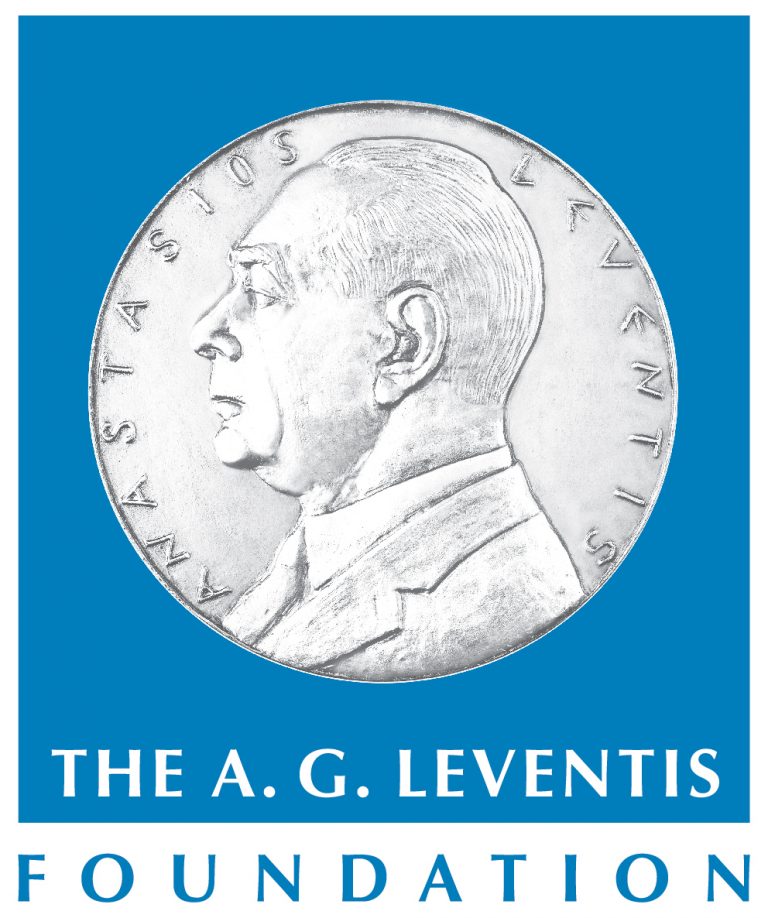


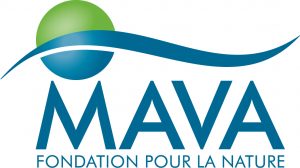
This course is run with the support of A.G. Leventis, the Matthew Good Foundation and MAVA.

